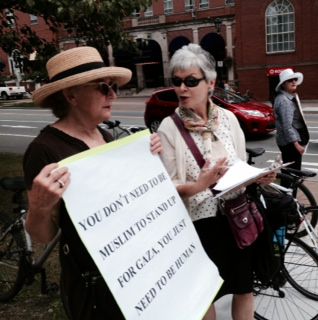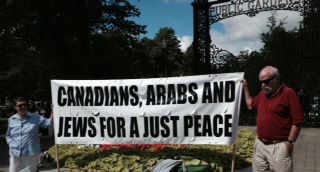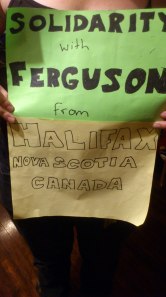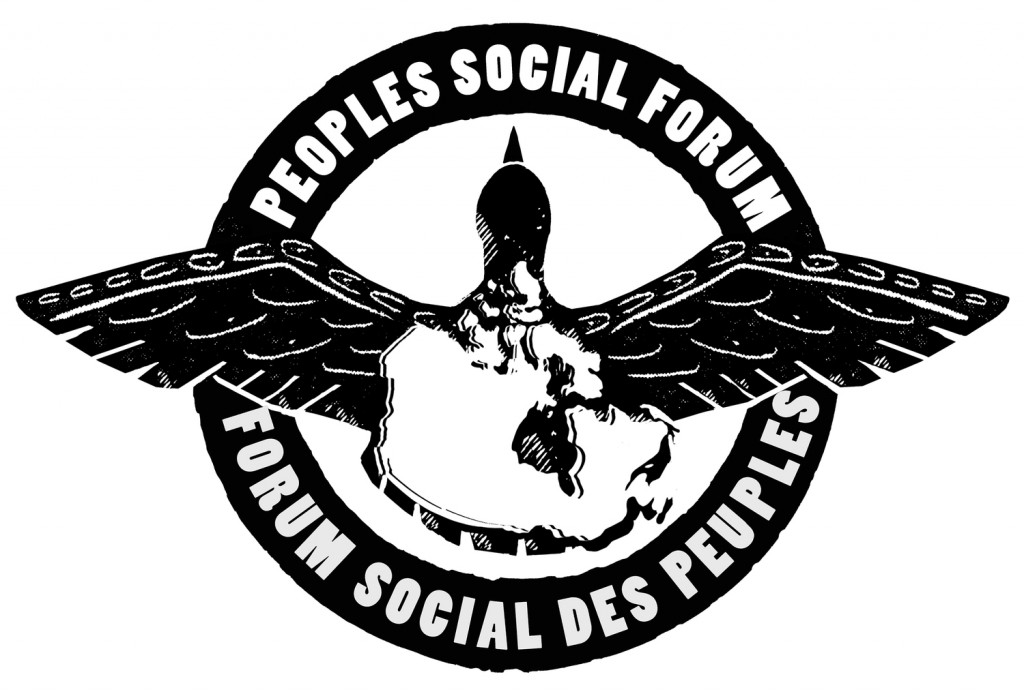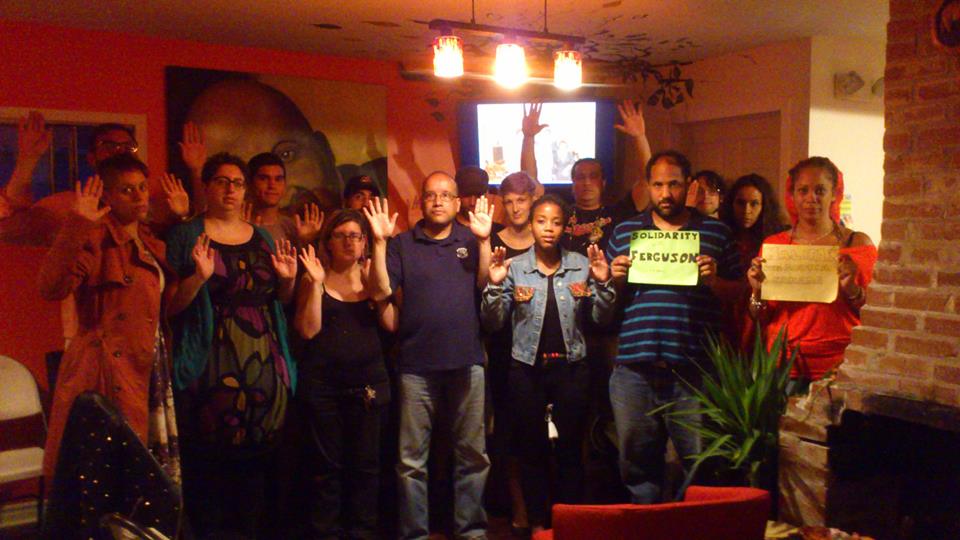By Judy Haiven. Judy is a member of Solidarity Halifax and teaches in the Management Department, Sobey School of Business, Saint Mary’s University, Halifax. Originally published at the Halifax Media Coop.
Labour Day 2014: What’s Brewing?
As we approach the Labour Day holiday, a new interest in unions is coming from an unlikely quarter.
Servers at one local coffee shop, Just Us in HRM, won union certification and employees at another cafe, Coburg Coffee House, applied for the right to union representation.
What does this mean – and what will it mean for baristas or servers in other coffee shops?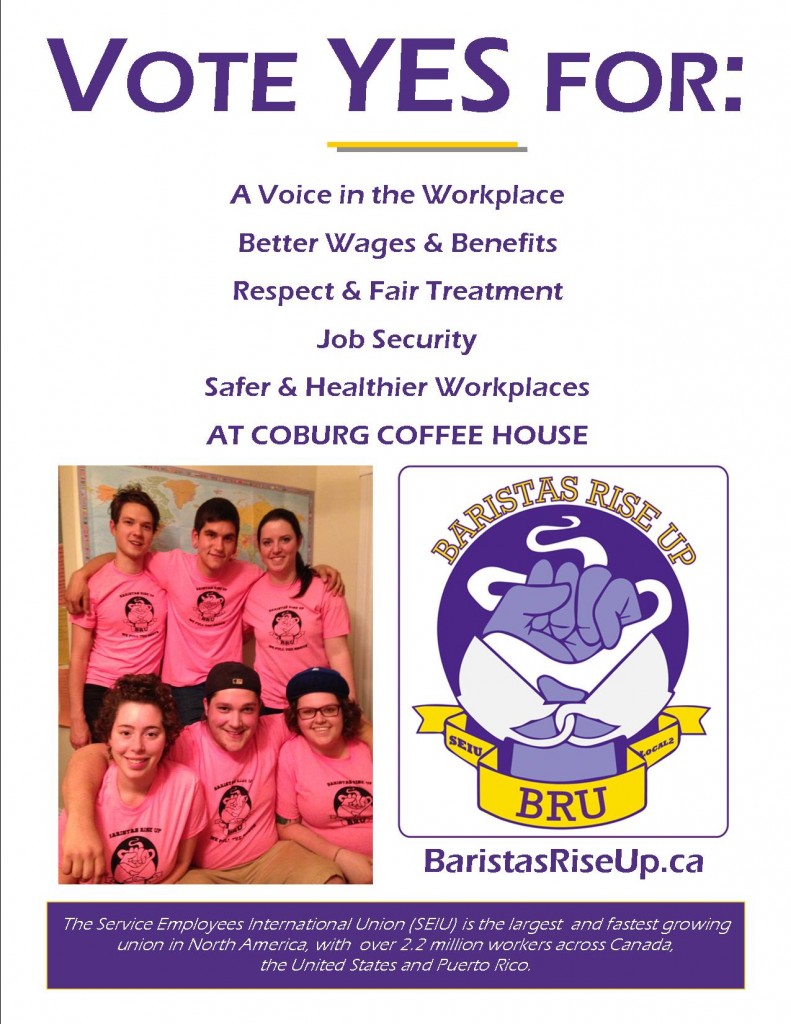
First things first: minimum wage in NS stands at $10.40 an hour. For employees new to the labour force, employers are entitled to pay $9.90, the ‘inexperienced’ wage, to any employee who has less than three months experience in the job. Almost 60% of minimum wage workers hold jobs that are part-time, compared with less than 20% for all employees. In NS, many minimum wage earners – including coffee shop and restaurant workers — find themselves trying to hang on to part-time jobs of 20 or 30 hours a week. These part-time, minimum wage workers earn between $200 and $300 a week or $11,000 to $16,000 a year. It is estimated that $18,178 a year is the minimum income necessary for a single person in Halifax, and $25,449 for a parent and one child.
Statistics Canada data report that in 2009, 5.8% of employees across Canada earned minimum wage, or less. But in Nova Scotia, that number stood at 6.8%. Today more than 6% or 23,600 Nova Scotians earn minimum wage.
Enter coffee shop workers. Their shifts often start at six or seven in the morning; some work until after midnight. Despite their typically part-time hours, employees open and close the shops; they deal with cash sales and high ‘throughput’ all day long. Baristas frequently suffer burns when pouring coffee and serving very hot drinks in a small space behind the counter. Employees also deal with cranky (and sometimes kindly) customers. The servers must be pleasant and friendly to earn tips. While some customers balk at leaving a tip, tips are a necessity for servers who need the money to make ends meet. Rather than the business itself paying workers a better wage, business depends on customers’ tips to subsidize servers’ pay.
Most people who work in cafés and restaurants are treated as ‘kids’ even though they are teens, university graduates and even older adults. Management often believes that employees who create problems or question the bosses’ authority can be let go and easily replaced. But increasingly in this economy, servers or baristas see their jobs as more permanent than temporary. They need the jobs and they demand respect at work. This is essence of why servers and baristas signed union cards. While a union can negotiate higher pay, a union can also win more rights for workers — such as coffee breaks, paid sick leave, defined hours, overtime pay, and dignity at work.
This is something we all deserve.
Note: Articles published by Solidarity Halifax members do not necessarily reflect positions held by the organization.
